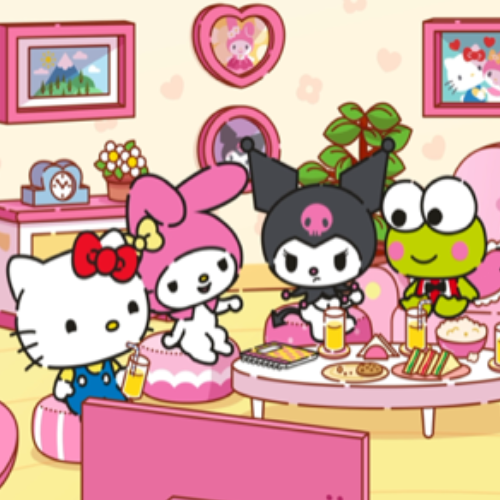Brands could lose out if they don’t take fanwear seriously, says Spreadshirt’s Philip Rooke.
The licensing industry is experiencing a disruption. There is a new merch order. One that is relevant to the 21st century and the YouTube generation, and one that if ignored will mean losing business and falling behind: Fanwear.
Fanwear until recently has been merchandise for fans, by fans. These were usually designs or quotes from their favourite sports team, movie or TV show. Often very cool, but largely unofficial and printed in small numbers. The internet, however, is changing this.
It has given fans the ability to easily print, as well as share these designs via social platforms. Social media is also changing the fan/brand relationship, with consumers now expecting relevance and immediacy in their shopping choices. Consumers want what is being discussed today, with designs that are relevant and customised to their likes not what was planned last year.
Old school licensing, however, still works like this. Designs and products are often limited and require a minimum six-month lead time for approvals, brands then need to police everything with lawyers. This fails fans and ultimately brands because not only is the policing difficult and costly, the creativity is also often poor. And in an instant choice world it’s no longer enough to have a logo or design that was designed by committee months ago.
We know that this fan creativity is out there and growing, because we see it surfacing on our site, where we have to police it on behalf of brands. If we don’t allow them, we suspect they still get made elsewhere. Fans are finding new ways of creating and buying these alternate designs. You only have to look at the black market; it has thousands of cool designs. This also means that brands can’t always police fan creativity and so they are losing out, not only on the revenue, but also on the innovation.

We think it’s therefore time to work with these fans, rather than against them. Fanwear should be merchandise for fans, by fans, under licence. In this social media age no large or small brand can really separate itself from what is happening in the social sphere. In order to sell well, licensed merchandise needs to be as current as today’s YouTube or Twitter conversations.
As a result, we have started working with licence holders, looking on how best to develop the concept of fanwear so that approved fan designs can be incorporated into their merchandise catalogue available for sale on our site. YouTubers Stuggy & Ashton sell a sketch submitted by fan as part of their product catalogue; it is one of their bestsellers. And some of the bigger brands are already embracing this concept. Star Wars, for example, has often looked to fans of the license to create new cool designs.
These developments are keeping us on our toes too. It means we have to be constantly working on improving our platform and all our services for both brands and fans. We are working on speeding up the process of making ideas available for sale. We want merchandise to work for this new social media generation, so our vision is to make it possible to publish everything everywhere in 60 seconds.
The difference between failure and success for licence holders will depends on whether they are prepared to fight the new chaos or harness it. It’s time they took a closer look at how the next generation is engaging with brands and learned how to embrace this fan creativity.
When you have fans interacting with your brand taking the time and effort to create something, put it on a t-shirt and wear it – that is the type of engagement a brand should be striving for. Fanwear is here to stay and the sooner brands incorporate this concept into their business model, the better it will be for brand creativity and fan engagement, and also company revenue.
Philip Rooke is ceo of Spreadshirt. You can follow him on Twitter @PhilipRooke
www.spreadshirt.co.uk































